Over the past 70 years, after the Dien Bien Phu Victory, there have been thousands of large and small works, both domestic and foreign, researching this campaign to try to give the most complete and comprehensive assessments of the significance and great influence of the event on Vietnam and the world .
Many issues have been clarified and deepened, both in general terms and in specific events, incidents and details from both sides. However, up to now, there is a profound historical question that has been raised and answered in many works: Why, what is the reason that Vietnam, a poor nation with a small land area and a small population, has achieved a great victory of world stature? Why did France, rich with "strong soldiers" , powerful weapons... fail miserably at Dien Bien Phu, which had been carefully prepared, and which they thought would be the "meat grinder" of the Viet Minh army?
There have been many accurate and scientific explanations, but not all of them are complete. The Dien Bien Phu campaign was a battle in the military field, so first of all, we must find the cause of victory from a military perspective. That is military science, the art of Vietnamese military. So what is the content of Vietnamese military doctrine and art? At an important conference on this issue, General Vo Nguyen Giap affirmed: "We must affirm that there is a Vietnamese military doctrine and I think that, according to that doctrine, there is no purely military strategy, our strategy is always a comprehensive strategy, including politics, military, economics, diplomacy, culture, a comprehensive strategy" (General Vo Nguyen Giap: "Selected writings and speeches in the renovation period", National Political Publishing House - People's Army Publishing House, Hanoi, 2001, p. 444). Since then, "culture" has become a content, an organic element in Vietnam's military doctrine. And in a conversation with Professor Phan Huy Le, the General determined: "Vietnam's military art is a field belonging to the cultural category" .
 |
And what is even more interesting is that, after the defeat at Dien Bien Phu, the defeated General Henri Navarre - Commander-in-Chief of the French army in Indochina - had to admit that: "The great strength of the Viet Minh lies in the legendary strength of the Vietnamese race, patriotism and especially the social consciousness that they have built... The Viet Minh government brought the war into all fields - political, ideological, economic, social and military - creating an extremely powerful driving force" (H. Navarre: Indochina is dying (Memoirs), People's Police Publishing House, Hanoi, 2004, p.55). Although very bitter about the defeat, General Navarre found the truth, the deep cause of his failure because he did not understand the "extremely powerful driving force" of Vietnamese military culture, of the culture of patriotism and national defense of our nation.
Explaining why our people defeated two great empires in general, and the Dien Bien Phu Victory in particular, General Vo Nguyen Giap pointed out: "We will not find the answer to this question without looking deeply into the depth of ancient history, into the national culture, into the traditions and military heritage of our ancestors..." (Vo Nguyen Giap - cited book, p.150).
The most comprehensive and profound characteristic of our nation's culture of defending the country and patriotism has been formed and developed for thousands of years, as General Vo Nguyen Giap affirmed: "The most important secret is: the whole country must join forces to fight the enemy and the entire people must be organized to fight the enemy. The army must fight the enemy and the people must also fight the enemy" (Vo Nguyen Giap: Collection of essays - People's Army Publishing House, Hanoi, 2006, Vol. 2, p. 997). Let's briefly look back at a few historical events to understand the characteristics of this culture of defending the country from ancient times to its peak, the Dien Bien Phu Victory.
Perhaps, the legend of "Saint Giong" is the first cultural expression of our nation's culture of defending the country. Did Giong fight the invaders alone? No. Who raised Giong from a boy who suddenly grew up to become Phu Dong? The villagers' rice. Who forged weapons (iron horse, iron sword) for Giong? The villagers. The sword was broken, Giong's replacement weapon was the village's bamboo clusters. Giong won, driving the invaders out of the country's borders, but it was the people's strength in Giong that made the victory. That was the combined strength, the total force of our nation's culture of defending the country. I remember, after the Dien Bien Phu Victory, Alain Ruscio - a French historian commented: "Vo Nguyen Giap was not alone! He had the Vietnamese people standing shoulder to shoulder, fighting side by side..." (G.Boudarel: Vo Nguyen Giap, The Gioi Publishing House, Hanoi, 2012, p.12). It is interesting that there is a coincidence between the two images above.
The culture of defending the country, mobilizing the strength of the entire nation when invaded by the enemy, is the secret of all victories. The defeated General at Dien Bien Phu, De Castries, had to exclaim: One can defeat an army, but not a nation.
Such a culture of defending and protecting the Fatherland inevitably created a special military art, unique to Vietnam, which is people's war, the characteristic of which is the strength originating from the powerful force of the enlightened and organized people. Having complete faith in the strength of people's war, when the former Soviet Prime Minister asked Vietnam what it would use to fight the US, General Vo Nguyen Giap confidently answered: If we followed the Soviet way of fighting, "we could not last 2 hours" , but Vietnam has its own way of fighting, the way of people's war (according to information from Major General Nguyen Hoang Nhien).
Comparing the two strategic battles that ended the war, driving the invaders out of our country: the Ngoc Hoi-Dong Da battle of the 18th century and the Dien Bien Phu battle in the mid-20th century will show us the strength of the culture of defending the country and the inheritance and development of people's war. In just over a week, the national hero Quang Trung-Nguyen Hue gathered and organized a powerful army from the people and farmers from the central region to the north, marching at lightning speed to fight a "clean and unsurprising" battle, destroying 290,000 Qing troops, clearing the country of all enemies, ending the war. To prepare to attack the Dien Bien Phu stronghold, the army and people of the whole country, from north to south, coordinated to destroy the enemy's forces, isolating Dien Bien Phu. Not only were there soldiers fighting in Dien Bien Phu, but also millions of young volunteers and frontline workers marching to bring ammunition, weapons, open roads, and provide logistics... for the campaign. The whole country went to war for this strategic decisive battle, just as later, poet Chinh Huu and musician Vu Trong Hoi wrote in poetry and music: "There were happy days, the whole country went on the road, the bamboo banks were fluttering, each drum beat urged" because the whole country went to war "following the fire from their hearts". (When the Dien Bien Phu battle was about to take place, I was still young, but I still remember clearly: My family, at that time, had nine siblings, three brothers volunteered to join the youth volunteer force, three sisters went to the frontline civilian laborers to serve the campaign, one of whom was not yet 15 years old. At home, there were only old parents and three young siblings, who were hungry. Sympathizing with those who went to war, the villagers voluntarily rushed to carry corn to support the family. I remember, corn was piled up in the house). The culture of defending the country is no longer an abstract concept but is the most concrete, everyday things and especially expressed in the dignity of the most ordinary people, first of all the volunteer soldiers.
In the past, in the Tran Dynasty's national defense strategy, there was a policy of "hiding soldiers in farmers" . Farmers were ready to abandon their plows and hoes to become righteous soldiers when the enemy invaded their country or when there was a call to save the country. "Hiding soldiers in farmers" is a very unique national defense culture of our people that has existed for hundreds of years. In the past, it is certain that the brave soldiers of National Hero Quang Trung were all farmers. In the Dien Bien Phu battle 70 years ago, perhaps most of the "Dien Bien soldiers" also grew up from the countryside, became Uncle Ho's soldiers, and became heroes.
The four words "Determined to fight and win" on the flag in the Dien Bien Phu campaign reminded me of the two words "Kill the Mongols" written on the hands of the Tran Dynasty soldiers determined to destroy the invaders and the words "Determined to die for the Fatherland, determined to live" of the Capital Regiment's suicide soldiers who fought to protect Hanoi for more than 60 days and nights in 1946-1947. That was not an empty slogan. It was the indomitable and courageous will of the soldiers and it was the voluntary action of generations of Vietnamese soldiers determined to destroy the enemy to defend the country, protect and liberate the Fatherland "even if a hundred of these bodies were exposed in the wild, a thousand of these corpses were wrapped in horse skin, we would still be happy" (Hịch tướng sĩ-Trần Quốc Tuấn). And those are the sustainable and developing cultural values in the history of our nation from ancient times to the present. A cultural flow to defend the country that will never, cannot be interrupted. The Dien Bien Phu victory has strongly demonstrated that historical truth.
56 days and nights of extreme hardship and sacrifice on the Dien Bien Phu battlefield, if there were no solidarity, attachment, love for each other like blood relatives, surely the soldiers could not have stood firm. On the contrary, this place has become a shining example of camaraderie, comradeship, cadres and soldiers. When I went to Dien Bien to participate in the organization of the 30th anniversary of Victory Day (1984), I was surprised and moved to see the Dien Bien soldiers hugging each other tightly, crying silently, standing still with red eyes filled with tears in front of the A1 Hill Martyrs Cemetery (at that time, it was still very simple). A strange beauty in the pain of the soldiers. The camaraderie of comradeship and comradeship is a wonderful cultural value of Uncle Ho's soldiers, the peak of which was in the face of extremely fierce and cruel challenges on the Dien Bien Phu battlefield. However, that new cultural value has deep roots in the history of the nation, in our culture of defending the country. I remember the sentiment of "father and son soldiers" of the Tran Dynasty, "brother and brother soldiers" of the Le Dynasty and "generals and soldiers with the same heart as father and son, blending the river water with a cup of sweet wine" (Binh Ngo Dai Cao) from the time of resistance against the Ming army.
Our nation's history has suffered too much pain, loss, destruction, and sacrifice caused by wars of aggression. That is why our people love peace so much. Therefore, to say that the culture of defending Vietnam is not only the fighting strength to protect the Fatherland, not only the strategy and tactics of battles, but also the culture of loving peace, and there is no other way, we must fight for peace. General Vo Nguyen Giap affirmed: "We have repeatedly demonstrated our goodwill. If you want peace, you will have peace. If not, if you want war, you will have war" and "Believe that we will do everything to avoid this disaster" (G.Boudarel-Book cited. p.235). "It was a war that we were forced to do, we are the most peace-loving people in the world" (B.Currey: Victory at all costs - Vietnam's military genius: General Vo Nguyen Giap, The Gioi Publishing House, Hanoi, 2013, p.432). The brutal and tyrannical enemy forced us to go to war to win peace for the nation, but, for the General, it must be "a peace in freedom and justice... not a peace in humiliation, dishonor and slavery" (G.Boudarel-The book cited, p.74). The great victory of Dien Bien Phu is a shining expression of the culture of defending the country - the culture of loving peace in Vietnam, because it fought to "Use great justice to defeat brutality. Use benevolence to replace brutality" as the strong affirmation in "Binh Ngo Dai Cao" . That is the unique Vietnamese military ideology, knowing how to win with our own cultural identity. On the Dien Bien Phu battlefield, we have completely and perfectly implemented that.
According to NDDT
Source





![[Photo] Prime Minister Pham Minh Chinh attends the 5th National Press Awards Ceremony on preventing and combating corruption, waste and negativity](https://vphoto.vietnam.vn/thumb/1200x675/vietnam/resource/IMAGE/2025/10/31/1761881588160_dsc-8359-jpg.webp)

![[Photo] Da Nang: Water gradually recedes, local authorities take advantage of the cleanup](https://vphoto.vietnam.vn/thumb/1200x675/vietnam/resource/IMAGE/2025/10/31/1761897188943_ndo_tr_2-jpg.webp)
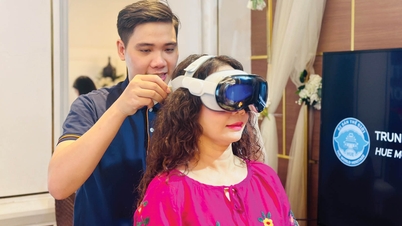

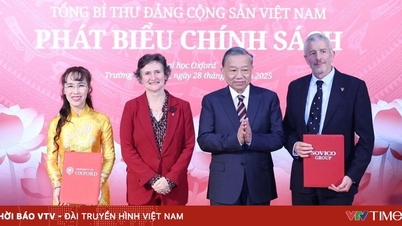

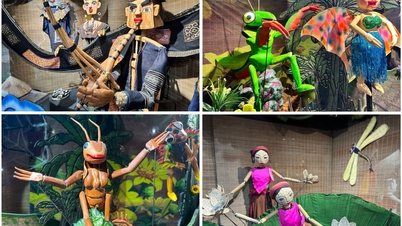



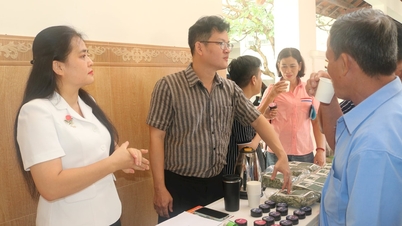

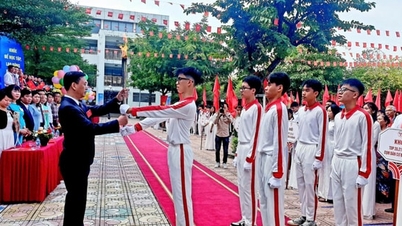

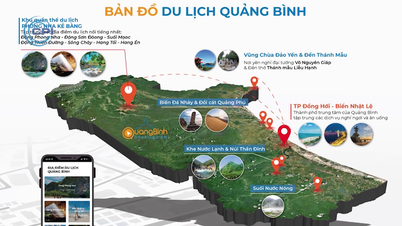

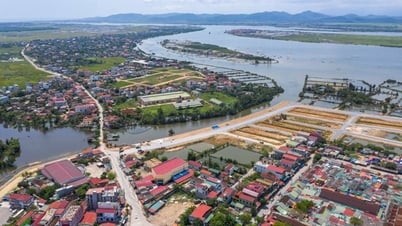

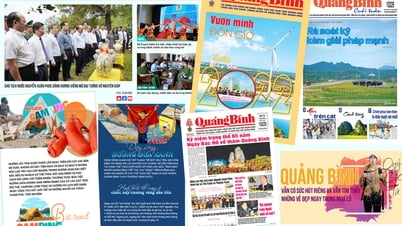
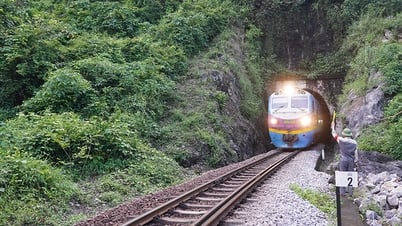
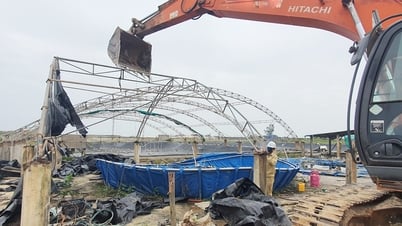
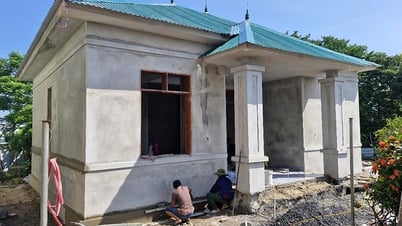




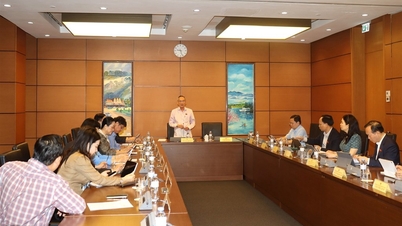
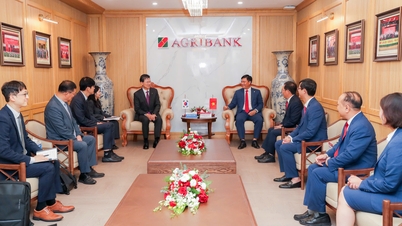


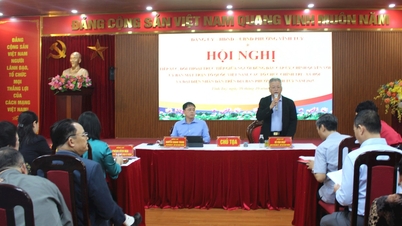
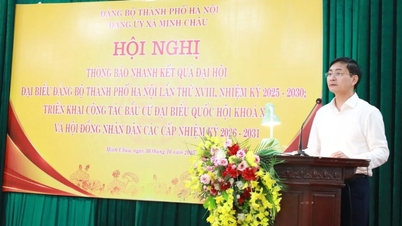




















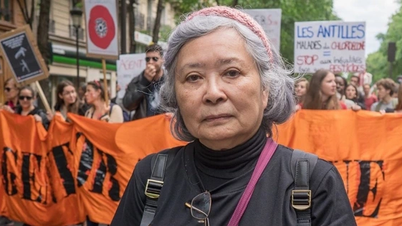

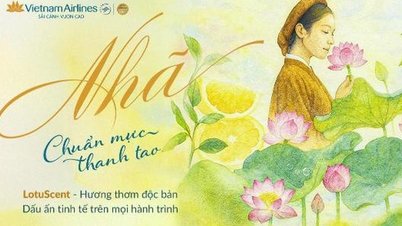

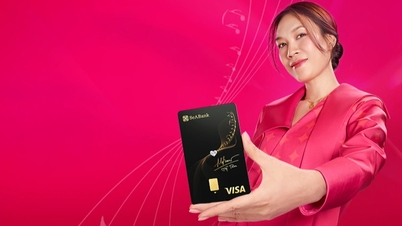
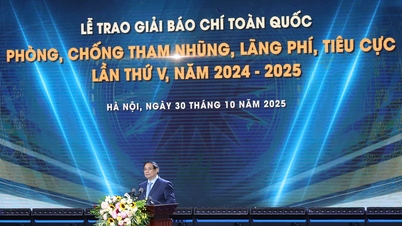
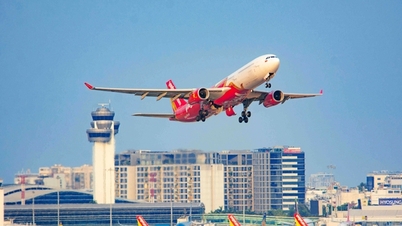
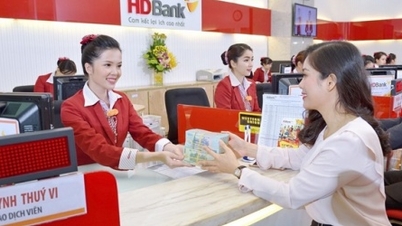







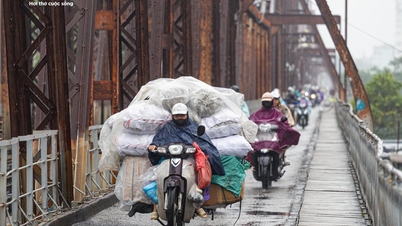
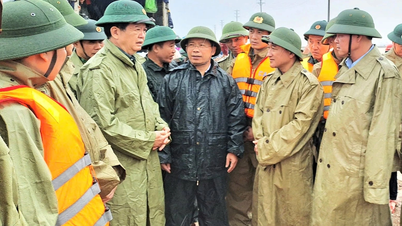

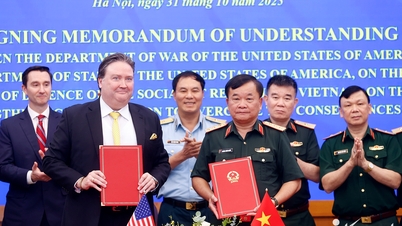


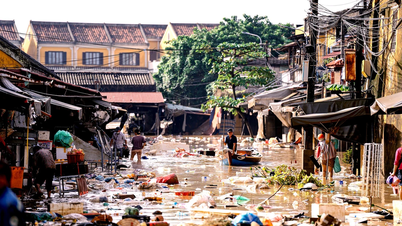

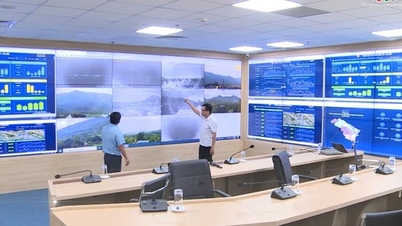

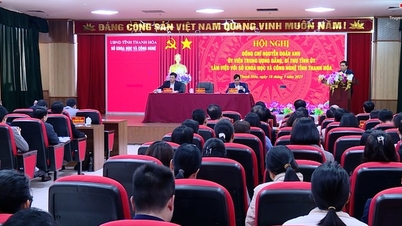
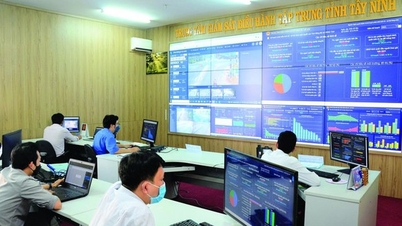
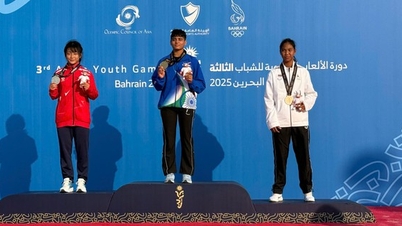

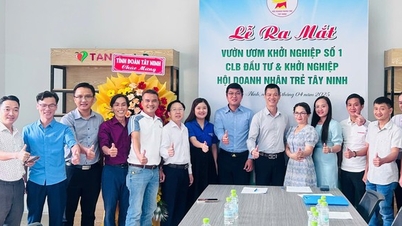

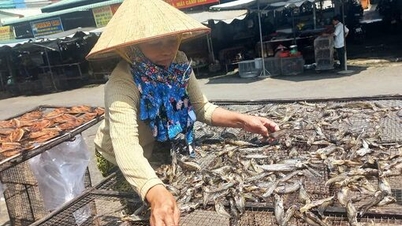

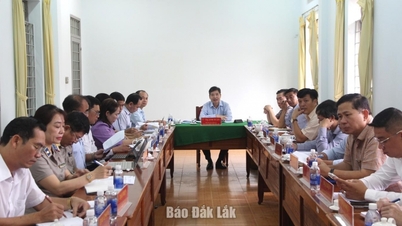



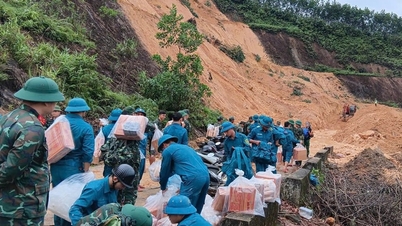












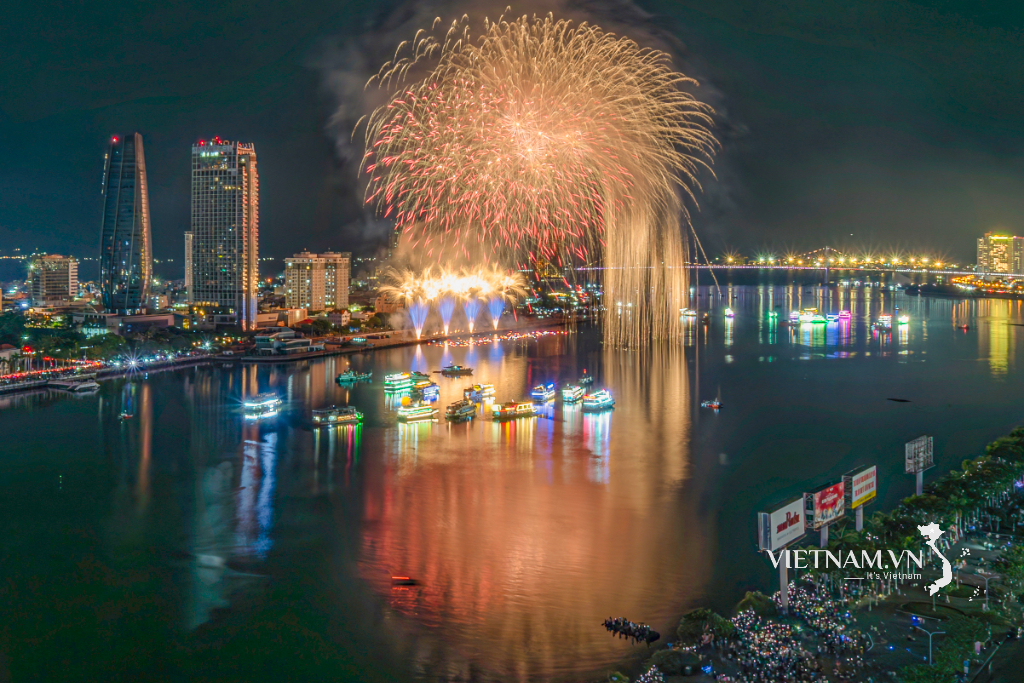


Comment (0)